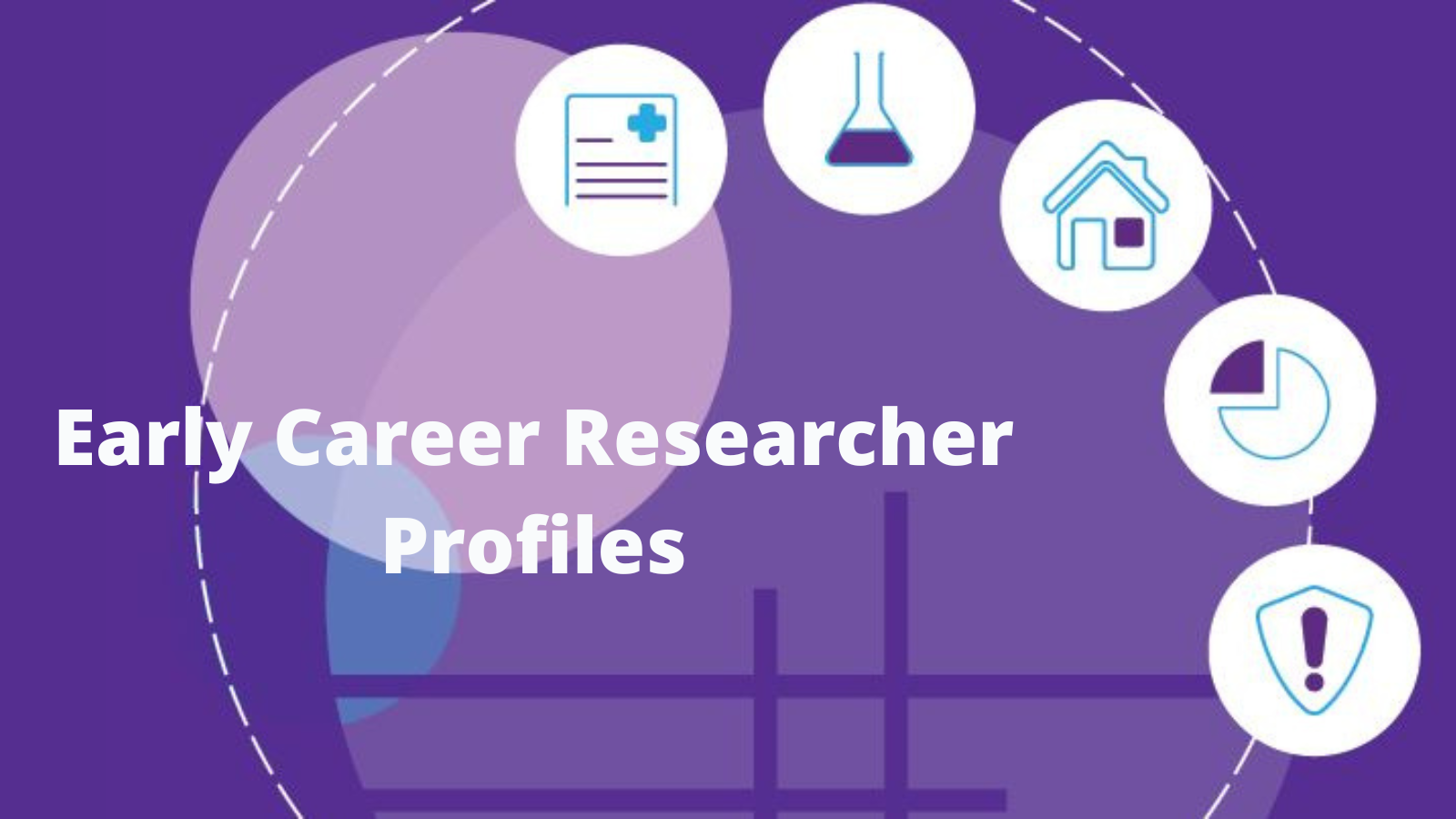The Scottish dementia and brain health dementia and brain health early career researcher community is both exciting and diverse. The SDRC Annual Report 2022/3 highlighted just some of the innovative research taking place across Scotland in all disciplines from early career researchers. Yesterday, we shared half of these profiles. Today we are sharing five more!
Donncha Mullin
I am a Psychiatrist and Physiotherapist in my third year of a PhD Clinical Fellowship at the University of Edinburgh. I am investigating the role that having both slow walking speed and self-reported memory problems combined plays in predicting dementia later in life (a syndrome called Motoric Cognitive Risk [MCR]). Having MCR earlier in life triples the risk of developing dementia 5 – 10 years later. I published these findings in Alzheimer’s & Dementia early in 2022. I then explored, for the first time, how common MCR is in Scottish people. Using the Lothian Birth Cohort 1936, I found that approximately 5% of 76-year-olds have MCR. Next, I studied what modifiable risk factors make MCR more likely, as by addressing these, we may potentially reduce the risk of going on to develop dementia. I found that a lower socioeconomic status increases the risk of having MCR. I published these findings in the International Journal of Geriatric Psychiatry in August 2022. During 2022, I have been awarded the Royal College of Psychiatrists in Scotland Researcher of the Year Award, the European Federation of Psychiatric Trainees Researcher of the Year Award, and the Gerontological Society of America Best Trainee Poster Award.
Holly Spence
I recently submitted my PhD thesis investigating links between brain iron and age-related cognitive decline at the University of Aberdeen. Previously, I completed an Msci in Biomedicine at Lancaster University where I cemented my keen interest in neuroscience research.
During my PhD, I compared brain MRI scan and cognitive task score data from the Aberdeen children of the 1950’s birth cohort and their first-generation relatives to better characterise relationships between brain iron and cognition in a cognitively healthy population. Additionally, I explored correlations between brain iron and blood markers for systemic iron and inflammatory status to elucidate potential mechanisms behind brain iron increases.
I have recently joined the Gregory lab at the University of Aberdeen as a post-doctoral research fellow investigating ALS/MND pathologies and am excited to continue my research into neurodegenerative mechanisms, applying the skills gained during my PhD and learning new research techniques.
Martin Taylor-Rowan
I’m a post-doc researcher based at the University of Glasgow. I have a background in Neuropsychology and completed my PhD at the University of Glasgow in 2019. My research focuses on identifying effective ways of diagnosing dementia as well as establishing potentially changeable risk factors for dementia that could be targeted with interventions designed to prevent or delay dementia from developing.
I predominantly work in stroke populations and have a particular interest in the links between frailty and dementia. We recently completed an interesting project, funded by the Scottish Dementia Research Consortium, exploring the relationship between frailty, brain frailty and long-term cognitive impairment after stroke. I hope to expand further on this work, looking into the mechanisms behind frailty’s apparent relationship with dementia, potentially as part of a research fellowship that will culminate in an intervention that helps to reduce frailty in older adults populations.
Jodi Watt
I am a postdoctoral Research Assistant at the University of Glasgow, working on a CSO-funded project using the Brain Health Index (BHI). BHI is an automated approach to assessing brain integrity using different types of magnetic resonance imaging (MRI) in combination. Each scan provides different information about the brain, thereby providing a more cohesive understanding of overarching brain integrity. We then assessed how this compared to more established metrics of brain health and are currently assessing how the BHI works in an NHS context.
I will soon be starting in an MRC-funded role to investigate drug-wide associations in the UK Biobank cohort. I am excited for this role, having already worked with this cohort, and am looking forward to continuing my exploration of this incredibly rich resource.
In the future, I hope to continue working to advance research in brain ageing and neurodegeneration. Outside of my day-to-day academic work, I would like to continue my involvement in public engagement initiatives and advocacy for diversity in science.
Meghan Minnis and Rachael Gartly
We are two Medical Students from University of Glasgow who have taken a year out of the undergraduate program to pursue intercalated research projects with the aim of achieving a BSc. We are both working with Terry Quinn and his team on research projects with a clinical focus.
When we first selected projects for this intercalated year, we weren’t really thinking about dementia as a topic for research. However, we have now realised that the broader concept of brain health covers many of the research topics that we were keen to explore. So, our projects on cognitive assessment in stroke, and activities of daily living in older adults are proudly brain health research!
We have really enjoyed working on the projects and both hope to continue research in the neurosciences in the future. We would thoroughly recommend that if other students are able to pursue an intercalated year, then dementia and brain health is an exciting area to be working in at the moment. Dementia research in Scotland has offered us lots of opportunities, for example using the Join Dementia Research resource for recruitment and presenting at the Scottish Dementia Research Consortium (SDRC) annual meeting in 2023. We are now both advocates for dementia research and SDRC and will encourage other medical students to join the Consortium.

